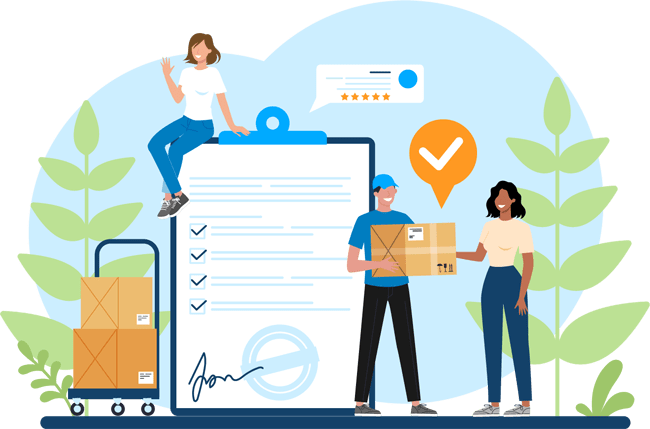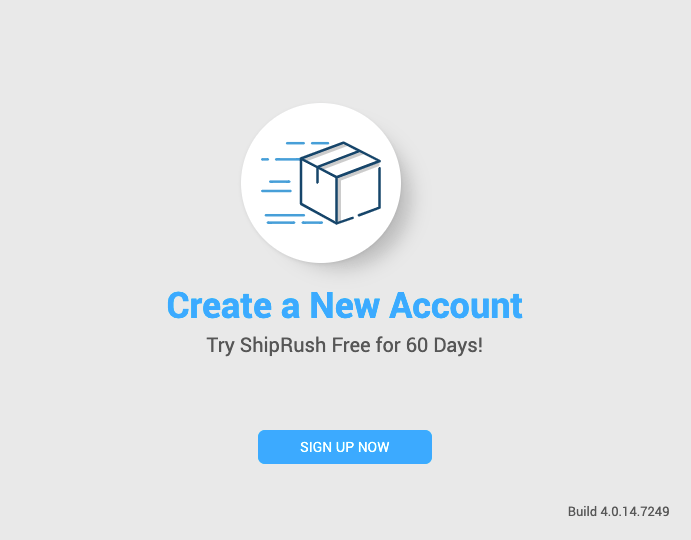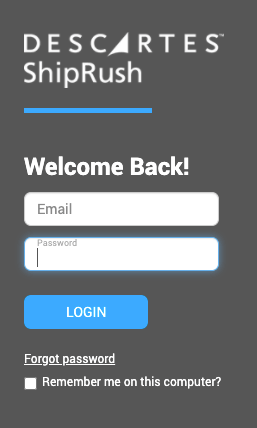1. Don’t Forget to Consider LTL Freight: Companies that usually ship with parcel should not overlook substantial savings (up to 50 percent off parcel shipping costs) by shipping bulk orders or oversized items with less than truckload (LTL) freight. LTL refers to small freight deliveries that are too large to be classified as parcels and too small to fill an entire truck.
2. Know When to Use LTL: Companies should know the tipping points for when LTL freight is a good option:
- Package Size: Consider LTL if the weight and dimensions of your package are on the edge of USPS, FedEx and UPS parcel size limits. Parcel size limits top out at between 70-150 lbs. and/or 108 inches in length depending on the carrier.
- Number of Packages: If many packages are going to the same destination, LTL will often be cheaper than parcel.
- Time to Transit: UPS and FedEx have predictable delivery times via Ground service and require little or no lead time to schedule a pickup. If you use LTL infrequently, LTL pickup can have a lead time of a day or two. LTL transit times are often estimates. If your shipment is time-critical because it is perishable or a customer requires a specific delivery time, a Ground parcel service may be the best path. If flexible time in transit works for you, LTL can often save a lot of money. Some freight carriers offer time-in-transit commitments, especially the national carriers like UPS and FedEx.
3. Work with a Broker: A broker allows for a single point of contact to numerous national and regional freight services. A broker can help a company sift through carriers to find the best fit for their needs. Unlike parcel carriers, the cost of shipping and delivery options of LTL freight varies widely across different trucking companies.
4. Understand LTL Freight Pricing: Many factors determine the price of an LTL shipment: accessorial charges, freight class, minimums, distance, carrier liability commitment and weight. Physical requirements may also be a factor. Here are some major considerations for effectively shipping LTL freight:
- Accurate Dimensions and Weight: Accurately estimating freight dimensions (i.e., length, width, height and weight) are very important. LTL carriers rely on freight dimensions to allocate the number of individual loads for each truck. The Department of Transportation regulates the weight of trucks on the road and accurate freight weights allow carriers to manage their truck weights. Inaccurate freight dimensions or weights can result in costly shipment adjustments from the carrier.
- Location Requirements: Many freight services assume pick-up and delivery locations have loading docks. Leading shipping systems let you specify whether the recipient has a loading dock, and if a lift gate is required.
- Freight Class: There are 18 different types of freight classes. The lower classes are for dense freight that isn’t easily damaged. Higher freight classes represent lighter, less dense freight that is fragile and difficult to move. Higher classes typically mean higher rates. Teacups cost more to ship than books; perishable items that need refrigeration also cost more.
- Risk Tolerance: Merchants need to determine the value of their freight, their willingness to risk damage or loss, and whether to obtain insurance directly from the freight company or purchase their own.
5. Shipping Automation Software Can Simplify Freight: Some ecommerce shipping products are now extending services beyond parcel to include LTL freight support. Partnering with a freight broker, these services can provide searchable rate shopping for freight carriers using many cost criteria, and the ability compare results to a similar search of price/options in parcel. The decision-making process is made easier using automation rules to set up parameters for when to consider using LTL freight. A business can set up rules to ship via the lowest cost option, or the lowest cost for a certain delivery commitment.
6. Don’t Be Afraid of Saving Money Using LTL Freight: Merchants can often realize significant cost savings using LTL freight. With a little research and the right tools, you can conquer the unknowns of freight and start saving money!
Descartes ShipRush Offers Shipping Flexibility
Online retailers that need shipping flexibility to process both small parcel orders and larger, heavier items in one place can use Descartes ShipRush. This cloud-based online shipping platform provides a central location for ecommerce companies to enter all their shipping details to determine if an LTL or parcel option makes more sense, comparing services and prices across carriers and modes while also creating connections to different channels without a large IT investment.









